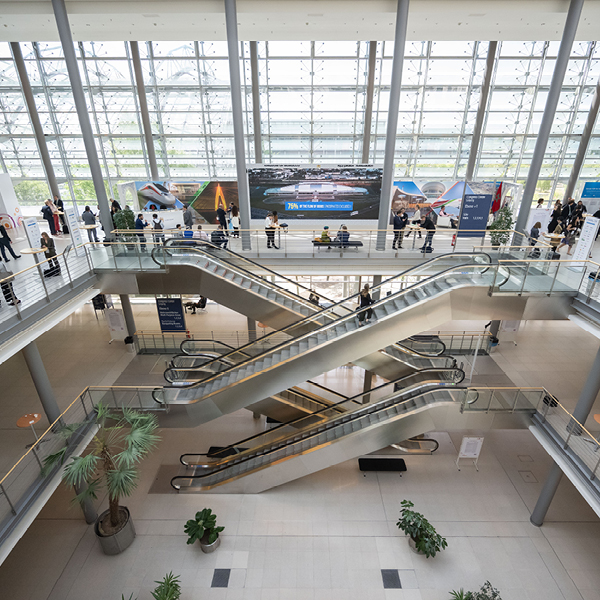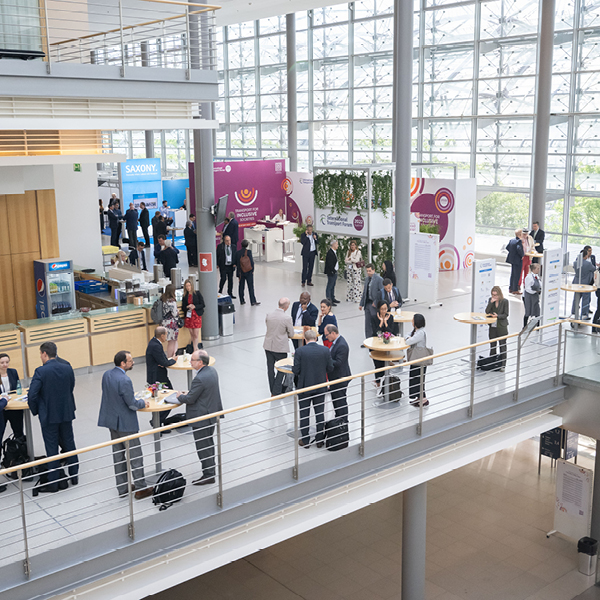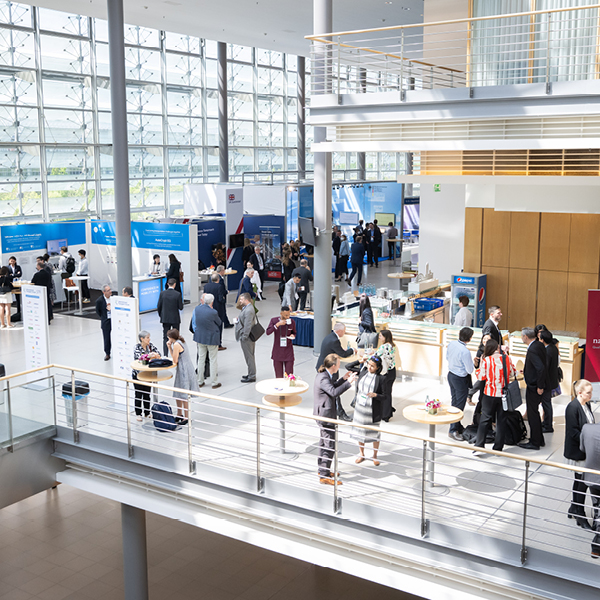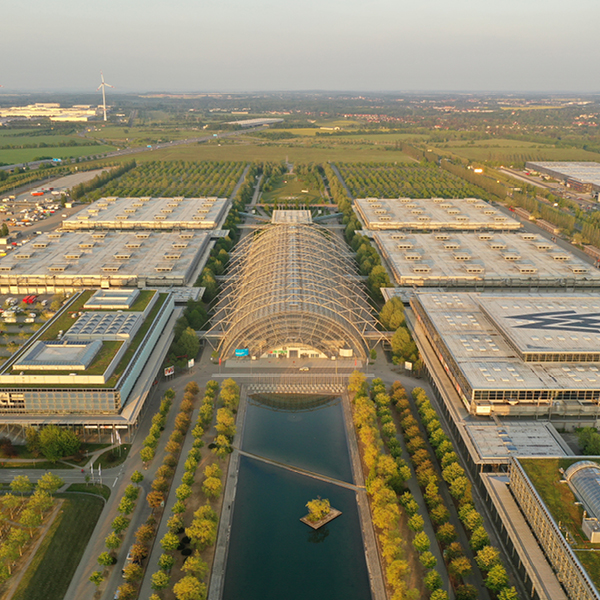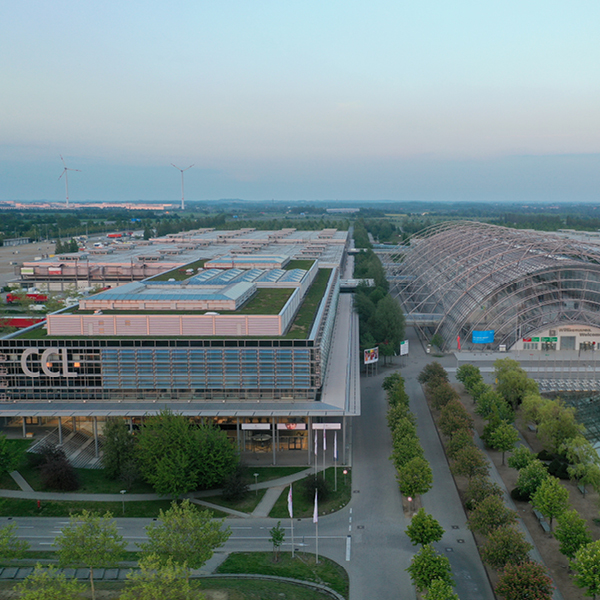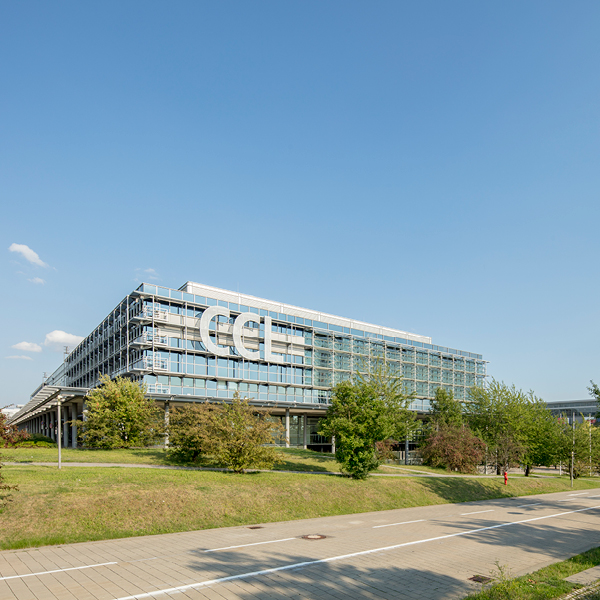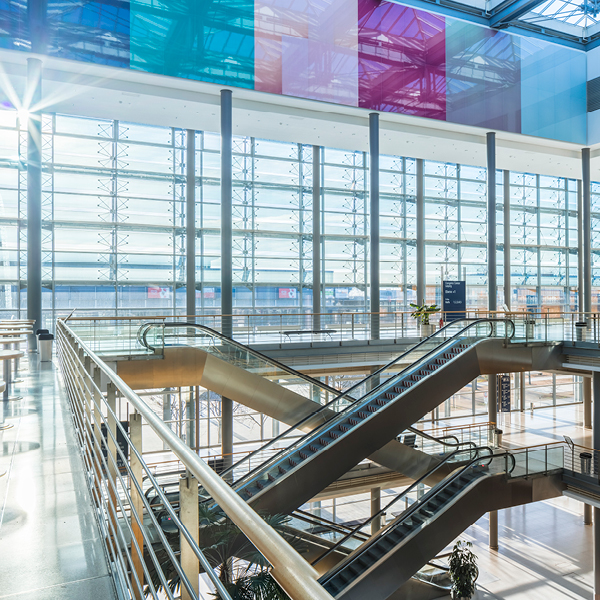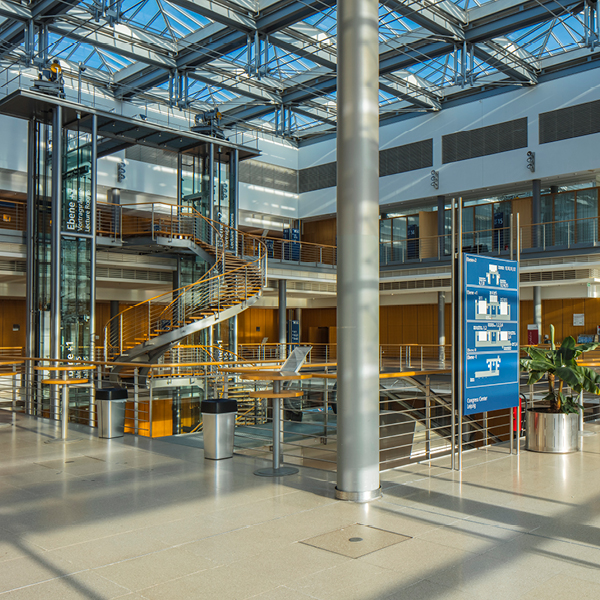· Leipzig’s mobility strategy
Leipzig’s mobility strategy: sustainability
Leipzig is Germany‘s most dynamic and fastest growing major city for many years. The vibrant city stands for change like no other European city. Just 30 years ago, the city was characterised by open-cast coal mines, desolate industries, and disastrous infrastructure and traffic routes.
Today, Leipzig is crisscrossed by a green belt, open-cast mines have become lakescapes, the city and region rely on sustainable mobility and state of the art transportation solutions, and are both growing in an economically and demographically sustainable manner. A comprehensive and safe network of cycling lanes is being expanded step by step, creating safe routes for everyday travel. The aim is to create a livable urban design that incorporates compatible transport solutions.
In addition to ecological components, the focus is also on economic and social sustainability. Leipzig has developed a mobility strategy 2030, defining guiding principles of transport policy and thus the basis for decisions and planning in the city of Leipzig. This guarantees a clear shift in the share in favour of the environmental alliance regarding the financing of transport infrastructure and mobility. Sustainability is a priority in Leipzig.
Cycling and sustainable urban mobility in Leipzig
Leipzig is expanding its cycling network primarily as part of its road network and increasing the number of parking facilities for bicycles. Moreover, alternative mobility and sharing services (micromobility, MaaS, car-sharing) as well as inter and multimodality are increasingly being promoted.
In terms of mobility management, information and communication, measures are being used to promote environmentally friendly means of transport. To improve safety, both infrastructural and regulatory measures (such as the separation of local public transport and motorised private transport as well as higher priority for bicycles in the allocation of traffic space) are planned. With regard to business logistics, the primary focus is on promoting new concepts.

